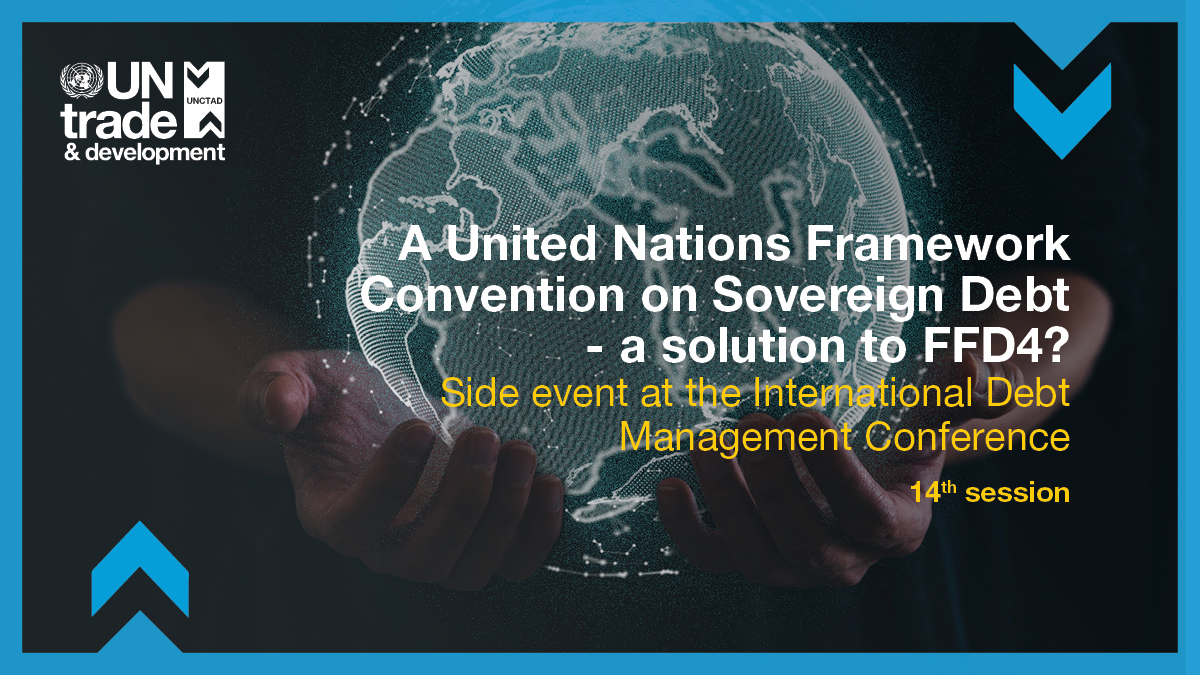
Global public debt levels have soared, reaching a record of $92 trillion and are set to exceed $100 trillion in 2025, with increasing debt servicing costs faced by developing countries.
Africa in particular is spending up to $164 billion in debt servicing in 2024, with 25 out of 54 countries spending more on interest payments than on health and food security.
The widening debt crisis largely emanates from a flawed international economic system characterised by a rules-based system developed and historically dominated by developed countries that hold disproportionate voting power bases and influence in key decision-making processes, which do not favour Africa’s transformation and development needs.
The existing global debt architecture, including the G20 Common Framework, is creditor-led and inadequate to solve Africa’s debt crisis.
Objective and intended outcome
In the context of the existing power asymmetries within the global financial architecture, the objective of the session is to propose concrete solutions to the debt crisis and reforms of the global financial architecture for the upcoming fourth financing for development conference (FfD4), including the establishment of a Framework Convention on Sovereign Debt and a Global Debt Authority under the auspices of the United Nations.
The side event will be a panel discussion of high-level speakers from the African Union, Africa Group Member states, and civil society experts working on debt justice.
Panelists:
- Patrick Ndzana Olomo – Head of Division “Economic Policy and Sustainable Development”, African Union ETTIM Department
- Kamal Ramburuth – Project Lead, Institute for Economic Justice (IEJ), South Africa
- Attiya Waris, UN Independent Expert on foreign debt and human rights
- Jorge Arturo Luna, Debt Expert, LATINDADD
- Malack Luhanga – Assistant Director, Debt Data Management Unit at Ministry of Finance, Zambia
Moderator:
- Mr. Yungong Theophilus Jong, Policy and Advocacy Manager, AFRODAD
Participation
Participants will include delegates of UN Member States, Civil Society Organisations, Think tanks, Academia and other relevant stakeholders.


